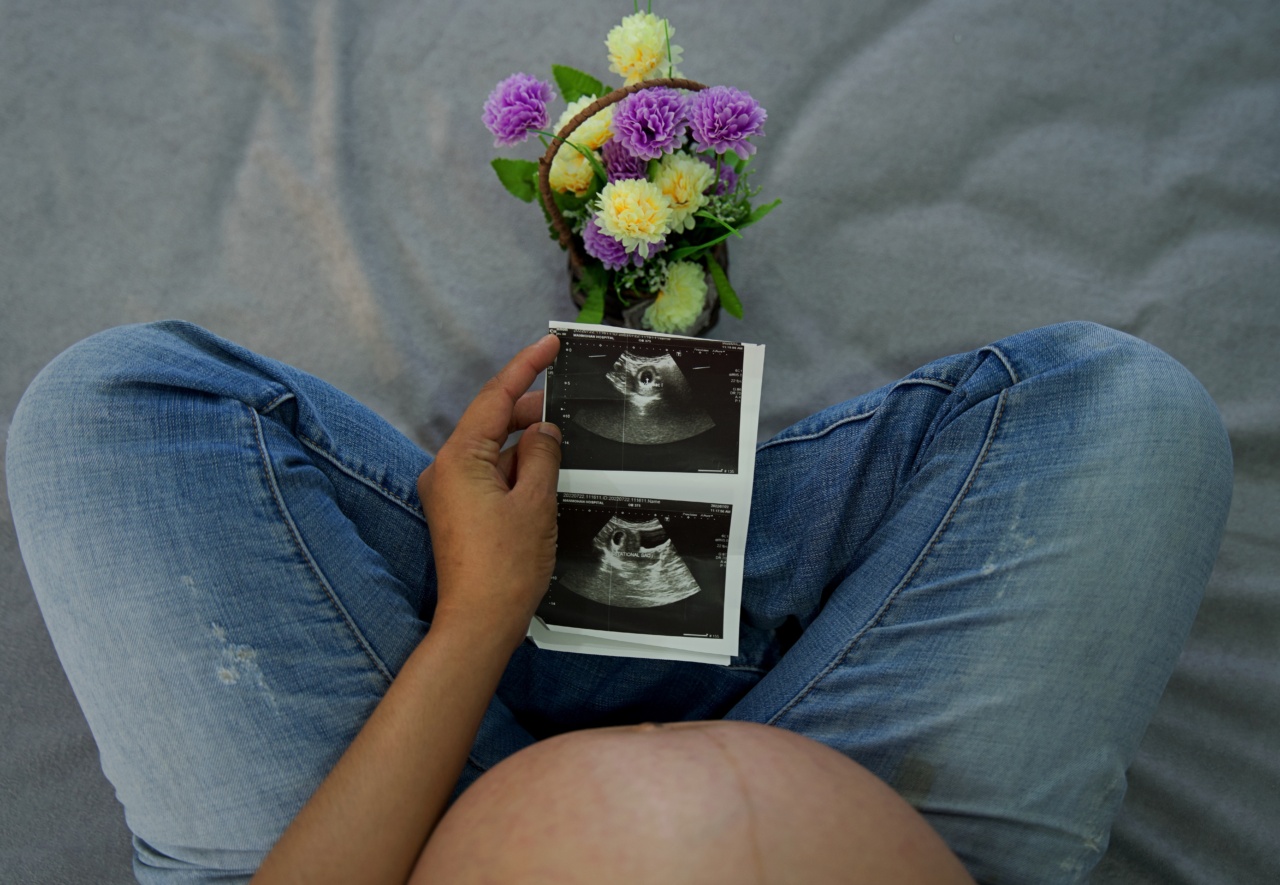Menopause marks the end of the reproductive stage in a woman’s life. It is usually defined as the period of over 12 months during which a woman has not had a menstrual period.
With the onset of menopause, the ovaries stop producing eggs, and the levels of hormones estrogen, progesterone, and testosterone drop significantly. However, some women may still ovulate after menopause, and this can lead to pregnancy. While it is rare for women over the age of 50 to conceive naturally, the risks of pregnancy after menopause are significant and should not be ignored.
The Risks of Pregnancy After Menopause
1. Higher risk of birth defects:.
As women age, the quality of their eggs declines. This makes it more likely for chromosomal abnormalities to occur in the egg, which can result in birth defects.
Women over the age of 50 have a higher risk of having a baby with Down syndrome or other chromosomal abnormalities.
2. Increased risk of miscarriage:.
The chance of miscarriage increases with age, and women over the age of 50 have a higher risk of experiencing a miscarriage. Miscarriage is the loss of a pregnancy before 20 weeks, and it can be emotionally and physically challenging for women.
3. Higher risk of gestational diabetes:.
Gestational diabetes is a type of diabetes that affects pregnant women. Women who become pregnant over the age of 50 have a higher risk of developing gestational diabetes. This is because the body’s ability to process glucose decreases with age.
4. Greater likelihood of hypertension:.
Pregnancy after menopause can increase a woman’s risk of developing hypertension, or high blood pressure. This condition can have serious complications for both the mother and the baby.
Hypertension can lead to preterm delivery, placental abruption, and preeclampsia.
5. Increased chance of multiple births:.
As women age, their ovaries release more than one egg during ovulation, which can result in multiple births. Multiple births can increase the risk of complications during pregnancy, such as preterm delivery and gestational diabetes.
6. Higher risk of preterm delivery:.
Preterm delivery is defined as giving birth before 37 completed weeks of pregnancy. Women over the age of 50 have a higher risk of preterm delivery, which can lead to complications for both the mother and the baby.
Preterm babies are at greater risk of health problems, such as breathing difficulties, infections, and developmental disabilities.
7. Increased risk of stillbirth:.
A stillbirth is the loss of a baby after 20 weeks of pregnancy. Women over the age of 50 have a higher risk of stillbirth, and the risk increases with each year of age.
8. Greater chance of cesarean section:.
The risk of having a cesarean section, or c-section, increases with age. Women over the age of 50 are more likely to have a c-section, which is a surgical procedure to deliver the baby.
9. Higher likelihood of maternal mortality:.
Pregnancy after menopause can increase a woman’s risk of maternal mortality, which is the death of a woman during or after childbirth.
Maternal mortality rates are higher in women over the age of 50 due to the increased risk of complications during pregnancy.
10. Emotional and psychological issues:.
While pregnancy after menopause can be a joyful experience, it can also be emotionally and psychologically challenging for women.
Women may struggle with the physical demands of pregnancy, as well as the social stigma associated with becoming a mother at an older age.
Conclusion
Pregnancy after menopause is possible, but it comes with significant risks.
Women who become pregnant over the age of 50 are at a higher risk of experiencing complications during pregnancy, including birth defects, miscarriage, gestational diabetes, hypertension, multiple births, preterm delivery, stillbirth, cesarean section, maternal mortality, and emotional and psychological issues. Women considering pregnancy after menopause should consult with their healthcare provider to discuss the risks and benefits of this decision.






























